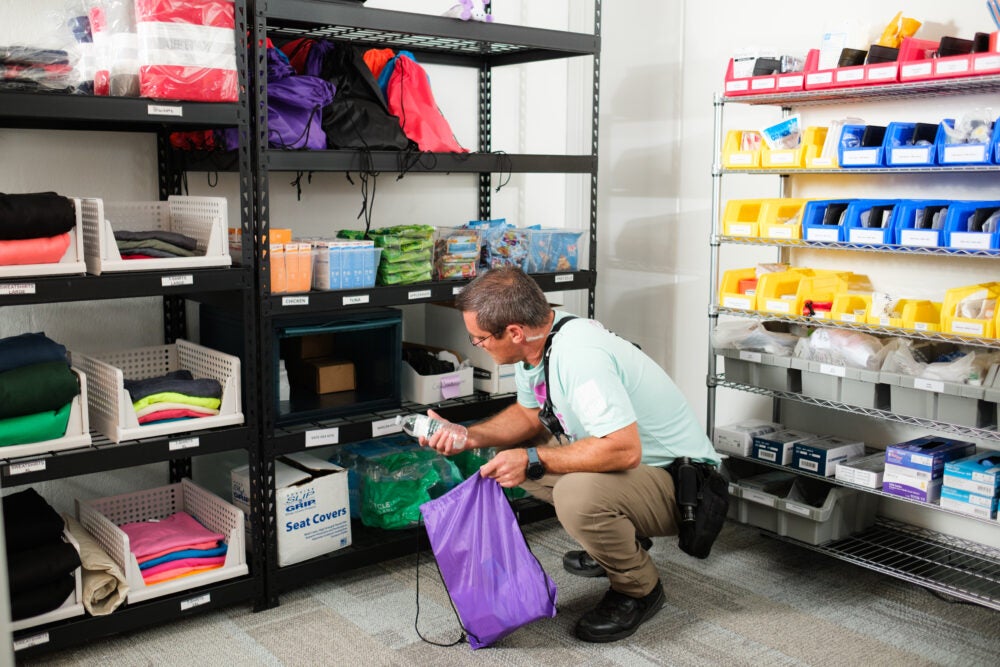
Strengthening Alternative 911 Emergency Response
The Challenge
Shelby County School District (SCS), located in Memphis, Tennessee, faced challenges supporting its students in achieving academic success. In 2018, only 19.6% of SCS students met standards for math proficiency and only 20.4% met standards for English language arts proficiency. While high-quality classroom time is critical, the district recognized that many of the students’ barriers to academic achievement occurred outside the classroom. For example, over one-third of their 100,000 students were experiencing child poverty. Children living in poverty are less likely to receive proper nutrition or get appropriate medical attention, and more likely to experience disruptive home relationships and stressful environments. All of these factors can make it difficult to focus during school and can disrupt attendance, negatively affecting classroom engagement and academic success.
The Innovation
The Government Performance Lab (GPL) provided pro-bono technical assistance, with support from Results for America, to help Shelby County School District connect students to the right supportive services to set them up for academic and economic success.
The Results
The Community Partnership Pilot served as a proof of concept for testing strategies to better match students to the right supportive services across Shelby County School District. As part of this, the pilot has decreased student absenteeism, increased the number of students receiving health screenings, and improved the share of supportive services targeted to students most in need. The pilot also helped develop a new model for collaborative and data-driven relationships between the school district and providers of supportive services.
Strengthening Alternative 911 Emergency Response
Strengthening Alternative 911 Emergency Response
Strengthening Alternative 911 Emergency Response
Strengthening Alternative 911 Emergency Response
Strengthening Alternative 911 Emergency Response
Strengthening Alternative 911 Emergency Response


